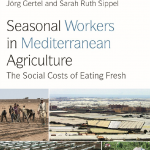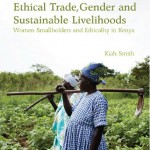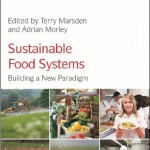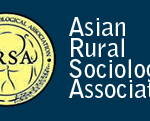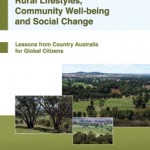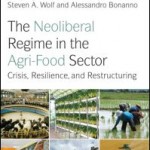Toronto, Canada August 10-14, 2016
Sustainable and Just Rural Transitions: Connections and Complexities
Global environmental changes, shifting resource scarcities, deepening social inequalities, both innovation and crisis in urban centers, and new patterns of voluntary and involuntary migrations are among the conditions and dynamics now shaping the futures of rural places and people. Intensifying and intertwining forces of commodification, industrialization, neoliberalization and globalization over the last several decades have produced uneven and arguably illusory gains, given evidence of the increasingly precarious position of labor and livelihoods throughout the rural world and the widespread distribution of environmental harm and ecological degradation. Within these general patterns and trends, circumstances can vary greatly across rural contexts within and between continents. In the coming months, we will invite session submissions that invoke the overarching theme of the XIV World Congress of Rural Sociology: the connections and complexities shaping the prospects for sustainable and just rural transitions in the present era of crisis and change.

